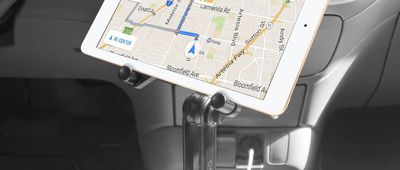Ask Before You Drive
Used cars are cheaper than new cars — but buying one comes with a whole bunch of questions that you don’t need to ask when you drive off the lot with a brand new car. Before you buy a used car from a dealer or a private seller, ask these questions to make sure that you don’t ride off with buyer’s remorse (and beware of these 12 Signs The Car Dealership Is Ripping You Off).























